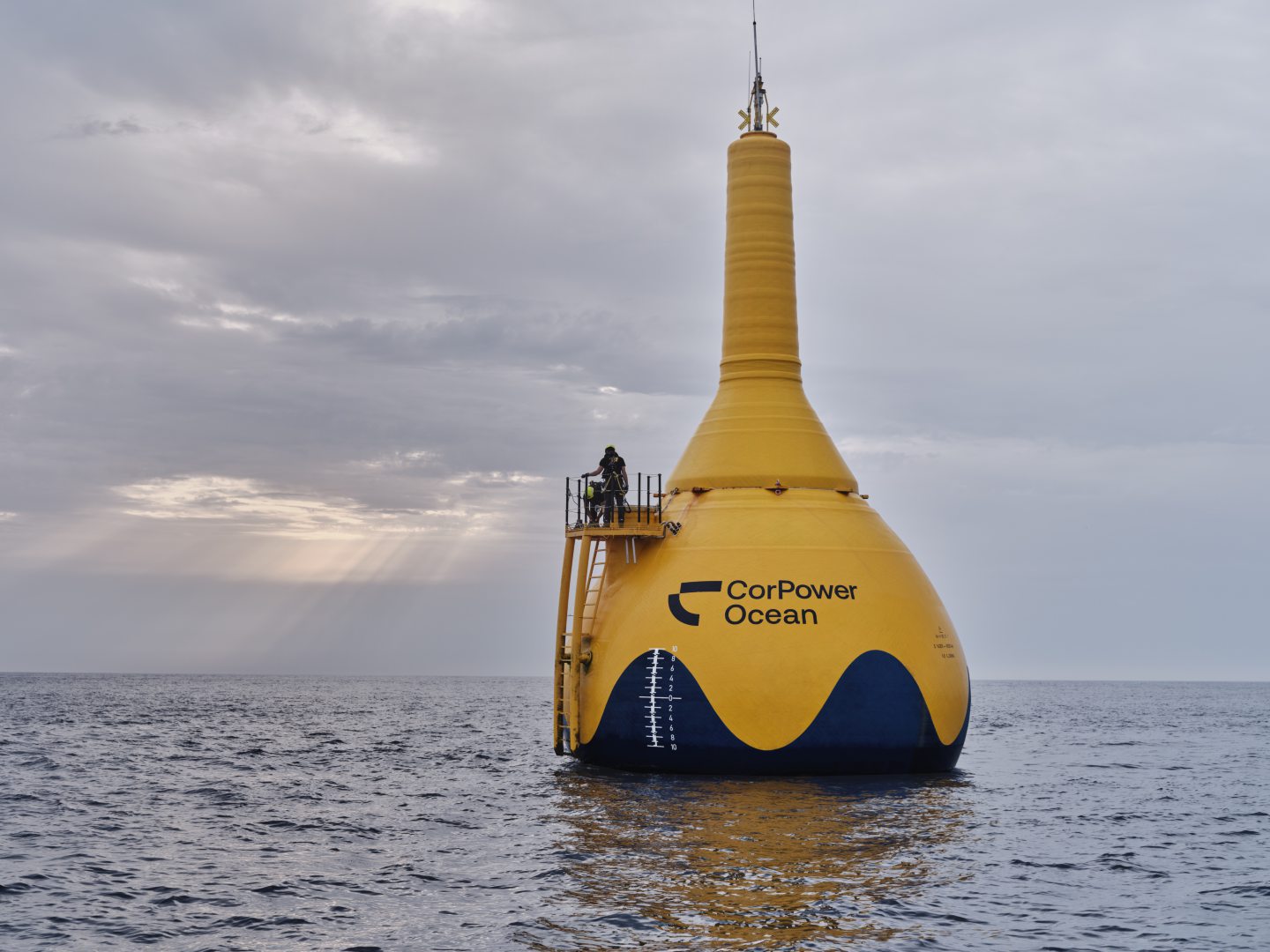World
Labour says Scotland’s wave energy potential being ‘squandered’ by Holyrood and Westminster

The Scottish Labour party claims Scotland’s wave and tidal energy potential is being “squandered” by governments in Holyrood and Westminster.
Labour MSP and net zero, energy and just transition spokesperson Sarah Boyack said as a coastal nation, Scotland has the potential to be a “wave energy superpower”.
But Ms Boyack said that potential is “being squandered” by the Scottish and UK governments.
“The SNP and the Tories have allowed green jobs to go overseas and given up on climate leadership – but Labour will back Scotland’s vast clean energy potential,” she said.
The comments come after the UK Marine Energy Council (MEC) yesterday warned the UK wave and tidal sector is “at risk of being left behind” without policy changes.
At a recent industry event in Glasgow, wave and tidal energy firms also highlighted the investment challenges they face without a clear route to market in the UK, with projects instead moving to Portugal and Ireland.
Ms Boyack said Labour’s green prosperity plan and its proposed state-owned energy company GB Energy will create jobs and “help develop the next generation of green energy technologies” including wave and tidal.
“We need to act now to protect our coastal communities for the future and this election is an opportunity Scots cannot afford to miss,” she said.
SNP says Labour plans put net zero jobs at risk
Meanwhile, the SNP candidate for Angus and Perthshire Glens Dave Doogan said the Labour party’s energy plans will put 100,000 North Sea jobs at risk.
Mr Doogan also said the Conservatives “pose an immediate risk to delivering net zero”.
“It’s the SNP who will put Scotland first by protecting the workforce we have today to develop the net zero jobs of tomorrow, including roles in wave and tidal energy,” he said.
Mr Doogan said the MeyGen project, the largest planned tidal stream development in the world, is a “prime example” of the SNP Scottish Government “leading the way with the powers we do have at our disposal”.
“From the EU to the US, countries around the world are investing in the green energy goldrush, but with the Labour Party scrapping their £28bn green energy pledge and the Tories stifling investment, Scotland’s world leading renewables sector risks being left behind,” he said.
“Westminster has coined in more than £400bn from Scotland’s offshore industries and £20.6bn more is set to flow south over the next 6 years – the SNP is clear that every penny raised from the North Sea should be reinvested in Scotland to cut energy bills, create Scottish jobs and secure our green energy future.”
Conservatives defend marine renewables record
Conservative candidate for West Aberdeenshire and Kincardine and former energy minister Andrew Bowie defended the UK government’s record on developing renewables.
“The UK is leading the world in renewable energy development, all with a Conservative government at the helm,” he said.
Mr Bowie pointed to the 11 tidal energy projects which received CfD contracts in AR5, including projects in Scotland from MeyGen, Orbital Marine Power and Magallenes.
He also highlighted the Conservative government’s £3m investment to “safeguard” the European Marine Energy Centre on Orkney.
“And we are absolutely committed to developing a whole range of new renewable power, so we can build on our amazing success story in offshore wind, solar, geothermal and so much else,” he said.
“Meanwhile, the SNP are actively blocking investment in Scottish nuclear, as well as the jobs and investment that will go elsewhere.
“And neither the nationalists nor Labour have a sensible position on oil and gas – where both would block new licences and turn the taps off, long before 100,000 workers have reskilled in renewables.”
UK wave and tidal energy potential
A recent study by the University of Edinburgh found marine energy can deliver up to £41 billion in benefits to the UK economy by 2050 if 6GW of both wave and tidal is deployed.
Another report by the London School of Economics Grantham Institute found the UK is more specialised in tidal stream energy than other clean energy technologies including offshore wind, nuclear and carbon capture.
The report found the UK could capture export opportunities from high-value products including tidal turbines, however, “the UK’s ability to secure such opportunities will depend on timely investments in the domestic supply chain”.
While the UK government recently increased the strike price for tidal energy projects ahead of the sixth Allocation Round (AR6) this year, it declined to increase the £10m ringfence for tidal stream as the sector had been hoping for.
The MEC said increasing the tidal stream ringfence to £30m could increase the capacity secured through AR6 from 13MW to 40MW, which would “maintain momentum and industry growth whilst securing the UK’s international leadership position”.
“These projects are being delivered with over 80% UK supply chain content spend, creating green jobs in coastal communities and beyond,” the MEC said.
Meanwhile, the MEC said without a clear route to market and a supportive enabling environment, the UK wave energy sector is “at risk of being left behind”.
The MEC pointed to wave energy projects in Ireland, the US, Portugal, Israel and China which are moving closer to commercialisation, and said the UK should prioritise deployment of co-location projects with offshore wind.
The sector wants the next UK government to set a target for 1GW of tidal and 300MW of wave energy for 2035, streamline consenting and increase innovation funding.
Recommended for you

Labour to propose offshore skills passport

 © Supplied by CorPower
© Supplied by CorPower © DC Thomson
© DC Thomson © Supplied by Orbital Marine Power
© Supplied by Orbital Marine Power
